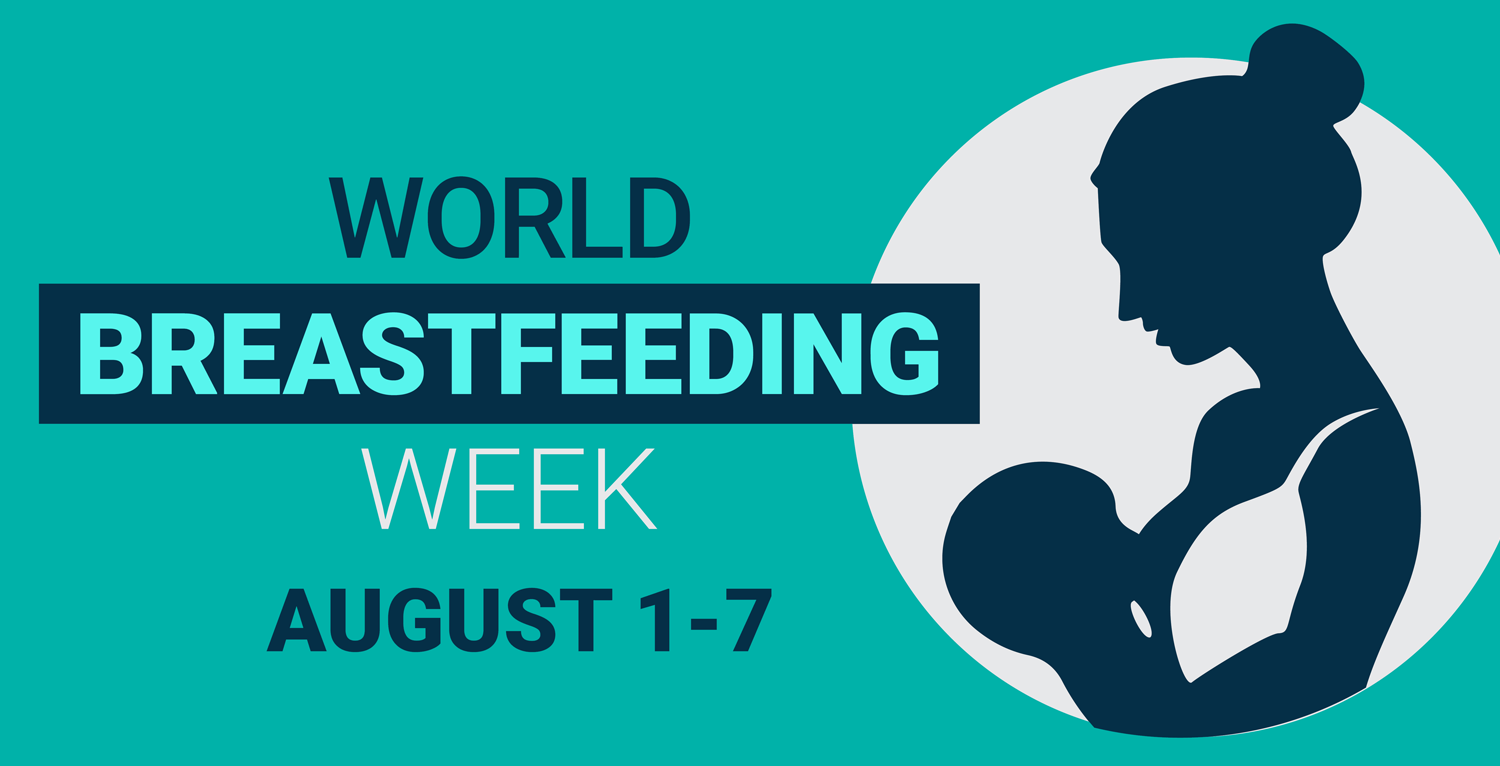
Why Employers Should Be Challenging the Stigma of Breastfeeding at Work
With today marking the start of World Breastfeeding Week, now is the time that organizations should be ensuring they are providing a positive workplace environment for those nursing that will benefit them all year round.
People that are still breastfeeding when returning to work will need to express breast milk between 8-10 times over a 24-hour period. In the US, it is a legal requirement for employers to provide a private space to express, as well as allowing their breastfeeding employees to take breaks as frequently as necessary. These facilities must be available for at least a year, and this set of policies are known as the federal Break Time for Nursing Mothers Law. However, there can be regional differences to these laws; for example, in the state of Colorado there is no set amount of time a company must cater for the needs of those breastfeeding.
New Zealand and parts of Canada follow a very similar approach, with employers required to provide the appropriate facilities for anyone breastfeeding.
In the UK, however, there is currently no formal legal requirement for a workplace to provide such facilities. As a result, it was reported last year that a Member of Parliament, Stella Creasy, had been criticized for bringing her baby son to her workplace – the Houses of Parliament in London – while she was still breastfeeding him. Shortly after, Ms Creasy received an official notice stating that she should not take her seat in the debating chamber with a child – a notice she subsequently published on Twitter to highlight the issue surrounding the lack of support for women in this same position at work.
While there is guidance from the Health and Safety Executive which recommends that a clean environment (that is not a bathroom) be supplied, there is an opportunity for employers in the UK to take responsibility for supporting the needs of their nursing employees.
The importance of women having a space to breastfeed at work is vital for their health and safety. There is a risk of swelling and soreness if a woman doesn’t express when needed, and in extreme cases this can lead to a bacterial infection called mastitis.
The embedding of inclusion policies for breastfeeding can help remove the pervading stigma that is clearly still attached to those nursing in some workplaces and, in turn, help create an even safer and more inclusive workplace culture overall. Whether there are laws in place or not, it is also about employers ensuring they are adopting the right attitudes towards breastfeeding, and that their teams are as well.
There are common misconceptions around breastfeeding a lot of the time, one of these being that when women go to express, they are ‘taking a break’ and/or ‘wasting time’ at work. But it is important for staff to be educated around the realities of expressing, and how it can be a tiring and somewhat uncomfortable thing to be doing multiple times a day (to the point where women are burning an additional 500 calories a day when breastfeeding!).
This ideology also completely undermines the fact that those expressing are not able to multitask while doing so. Considering there are a wide range of breast pumps available on the market now – including hands-free pumps – women are able to work on reports, catch up with emails, make calls…all while pumping. So ensuring that your teams and your managers are educated around the realities of expressing is just as important for creating a safe space for female colleagues to do so.
This is without mentioning the business case for this support, which can lead to a reduced absence rate and higher retention rates from those working mothers who feel recognized and valued.
With the US, Canada, and New Zealand leading the way in accommodating the needs of breastfeeding workers, executives around the world should seize the opportunity to show leadership in their countries. For advice on how to approach the implementation of these strategies, you can contact me directly at stephanie.rodriguez@orgshakers.com